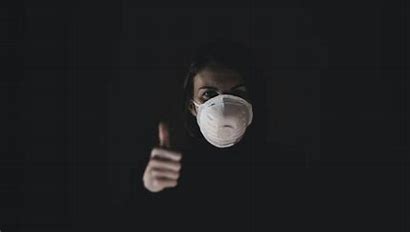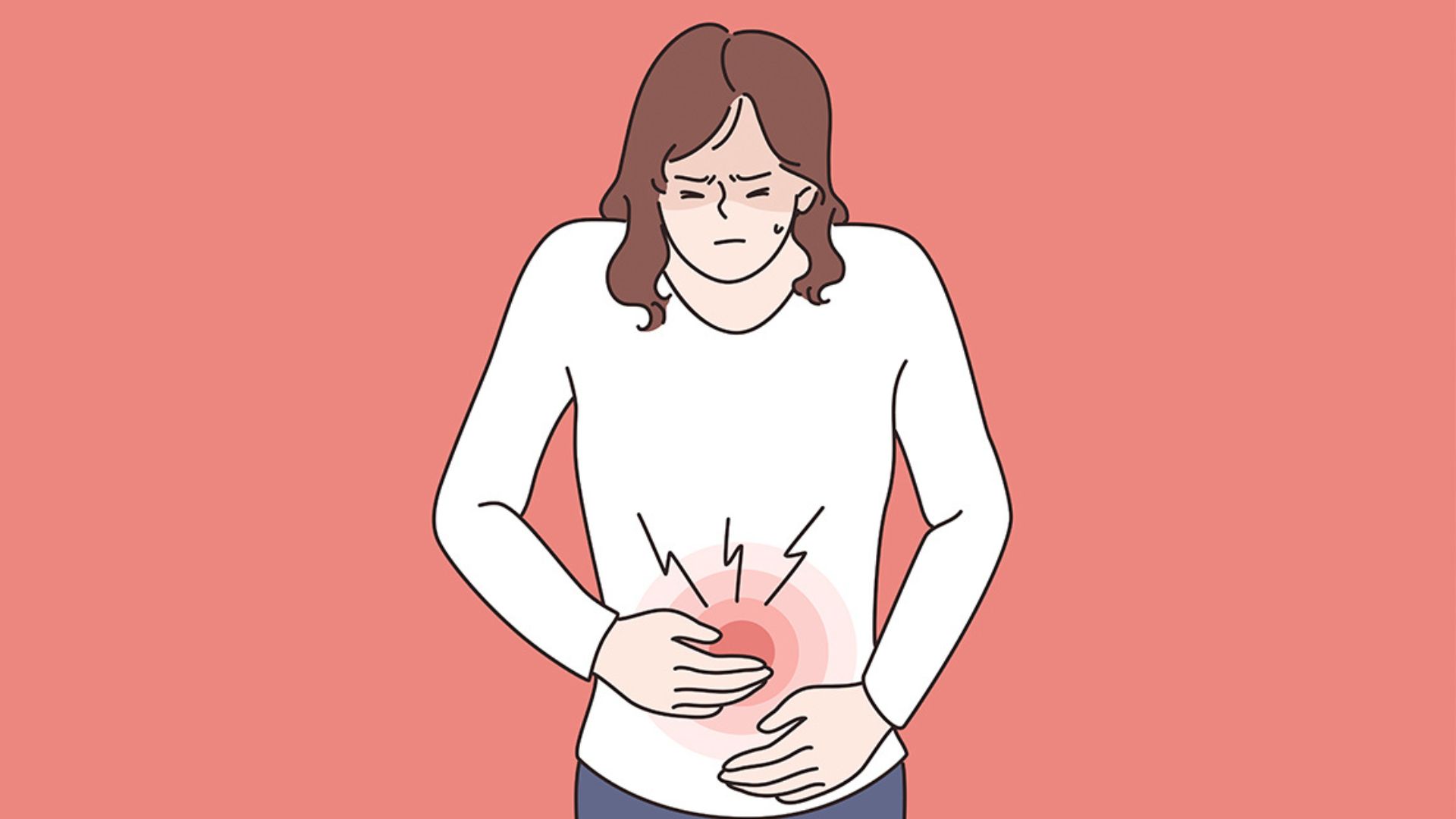United States is facing a significant Listeria outbreak, with more than 58 reported cases and eight deaths, according to the latest data from the U.S. Centers for Disease Control and Prevention (CDC). This outbreak is the largest since the 2011 listeriosis incident linked to cantaloupe.
What Is Listeria?
Listeria is a type of bacteria that thrives in moist environments, such as soil, water, and decaying vegetation. It can survive and even grow under refrigeration, making it a persistent threat in food products. Consuming contaminated food can lead to a serious illness known as listeriosis.
Symptoms of Listeriosis
The symptoms of listeriosis can vary depending on the person and the part of the body affected. Common symptoms include:
– Fever
– Muscle aches
– Fatigue
– Loss of balance
– Stiff neck
– Seizures
Symptoms can appear as soon as a few days or as late as 10 weeks after consuming contaminated food.
Who Is At Risk?
Listeria most commonly affects:
– Pregnant individuals
– Newborns
– Older adults
– People with weakened immune systems
While others can also contract Listeria, serious illness is less common in healthy individuals.
Prevention Measures
To prevent Listeria infection, consider the following measures:
– Clean: Regularly clean the inside of refrigerators, cutting boards, and countertops.
– Wash Hands: Wash hands with warm water and soap for at least 20 seconds before and after handling food.
– Avoid Certain Foods: Pregnant women, the elderly, and those with weakened immune systems should avoid unpasteurized or raw milk, soft cheeses made from unpasteurized milk, raw fish, raw sprouts, and some other raw foods.
Diagnosis and Treatment
Listeria infection is typically diagnosed through laboratory tests that detect the bacteria in body fluids or tissues. For invasive listeriosis, antibiotic therapy is the preferred treatment method.
Note: People with pets should be cautious to avoid cross-contamination when preparing their pet’s food.













